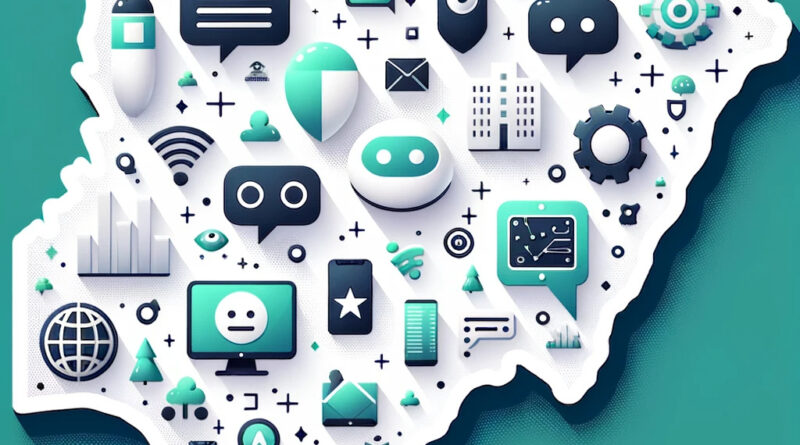How DeepSeek AI Could Transform Business in Nigeria
A powerful new artificial intelligence model from China is making waves globally and could have a significant impact on Nigeria’s business environment. Developed by startup DeepSeek, the R1 model rivals leading AI systems like OpenAI’s GPT-4 and Google’s Gemini, but was built at a fraction of the cost. Its low-cost, open-source nature is being hailed as a turning point in the global AI race.
Often referred to as “AI’s Sputnik moment,” DeepSeek R1 is prompting a shift in how nations and businesses access cutting-edge AI tools. For Nigeria, the implications are both promising and complex.
A New Era of Accessible AI
Founded in 2023 by Chinese hedge fund manager Liang Wenfeng, DeepSeek has rapidly emerged as a major player in AI innovation. While U.S. tech companies have poured billions into AI development, DeepSeek achieved comparable performance with only $5.6 million. Even more significant is that R1 has been released as open-source software, allowing global users to build on and adapt it freely.
This opens up new possibilities for Nigerian businesses, especially small and medium enterprises, to integrate AI into their operations. From finance and healthcare to logistics and agriculture, sectors across the economy stand to benefit from more informed decision-making, increased efficiency, and reduced operational costs.
Ethical Challenges in the Age of AI
While the opportunities are vast, the ethical concerns are equally urgent. As AI tools become embedded in everyday life, questions arise around data privacy, surveillance, and algorithmic bias. Without adequate oversight, these systems could unintentionally reinforce existing inequalities, particularly in a diverse and unequal society like Nigeria.
AI models are only as unbiased as the data they are trained on. If these tools are used to make decisions in sensitive areas like lending, healthcare, or education, there’s a risk of reinforcing discrimination rather than reducing it.
ALSO READ: Excessive Earwax Buildup Can Cause Hearing Loss, Expert Warns
The Role of Social Work and Responsible Leadership
To navigate these challenges, collaboration between technologists and researchers particularly in the social sciences is essential. Social work researchers, grounded in values of empathy and equity, are well positioned to evaluate how AI affects vulnerable communities and to advocate for inclusive, transparent development practices.
Leaders in business and government must take a proactive role in setting ethical standards, ensuring that AI technologies serve the public good and reflect Nigeria’s values and diversity.
The rise of DeepSeek marks a turning point in global AI accessibility. For Nigeria, it presents a chance to leap forward in innovation but only if adopted responsibly. Now is the time for Nigerian leaders to embrace AI with both ambition and caution, making sure the technology works for everyone, not just the few.
The future is not just about adopting AI; it’s about shaping how it’s used. And the decisions made today will determine whether AI in Nigeria becomes a tool for progress or a source of division.
Ukoh, an alumnus of the American University of Nigeria, Yola, and PhD student at Columbia University, wrote from New York.
Content Credit: Ohidah Oluwaferanmi
Image Credit: Techcode.com




